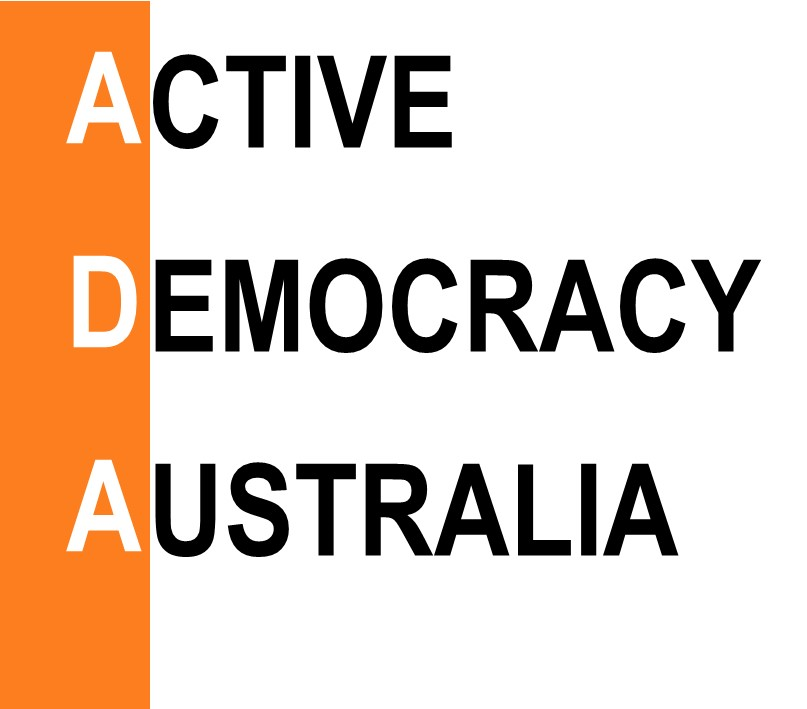Ensuring that group participants are happy, productive and stick around
Your group’s participants will be its most valuable assets. They are not being paid and so there need to be other motivations for their continued involvement. If they are not enjoying the experience, if they do not understand or believe in the group’s goals, or if they don’t feel that their own or the group’s efforts are making progress towards these goals, then they may end or reduce their involvement.
To maximise the chances that their participation will be happy and productive, it’s best if participants have:
- A say in the group’s goals and major decisions
- Tasks that they can choose, and are able to do, briefing on what they are expected to do, help learning how to do this and with any issues along the way, and feedback on their work along the way and at the end
- Some latitude to do the tasks in the way they think they should be done
- A way through which they can feed back information about how the tasks could be done better to those able to make decisions on this
- Variety in the work they do, and the chance to take on more challenging work over time
- Acknowledgement and celebration of their efforts and achievements
- A satisfying time socially.
Working groups are a good structure for getting work done because there’s a social element, members can discuss how they might do the work, they can distribute tasks, and they can learn from and support each other. It’s also good if the electorate group’s work can be fun, and have a cultural dimension, as Voices for Indi’s campaigning showed. Events and fundraising might include food, music, film, or art and craft products. The group’s graphics might feature the area’s ethnic and cultural diversity, its flora and fauna or other distinctive elements. This cultural dimension can increase participants’ satisfaction from and pride in involvement, as well as increasing the chance that the electorate’s voters will pay attention to the group and its message.
